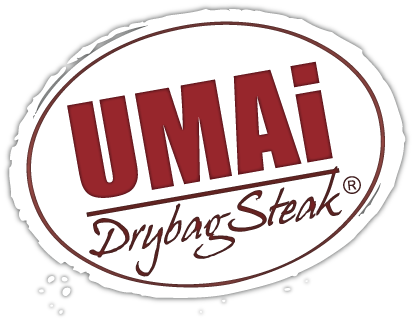Charcuterie is a simple craft. There are Three Fundamental Rules:
- #1 3% salt to weight of meat
- #2 0.25% slow acting curing salt (eg. Instacure #2) to weight of meat
- #3 dry cure until meat has lost 35-40% of its original weight
Basically, all that is required is meat, salt and patience (and UMAi Dry®!) Of course, you need the correct proportion of salt to meat. To achieve this, you must choose the right salt and measure it by weight.
Since North Americans most often measure ingredients by volume (cups and teaspoons) rather than weight, obeying the Three Fundamental Rules can be impossible in a kitchen that lacks a basic kitchen scale.
So… first, you need a scale. If you don’t have one, check out the model that we offer: Escali Primo Digital NSF-rated Scale.
Next… you need to know your salt. “Salt is salt is salt,” some say. But this can be a risky oversimplification when it comes to choosing and measuring salt for home crafted charcuterie. Not all salt is alike–even when labeled “Kosher.”
In Warning: Measure Your Salt by Edward Schneider, we learn that one cup of Morton’s kosher salt weighs 250 grams while one cup of Diamond Crystal kosher salt weighs 135 grams! Because these two kosher types are manufactured very differently, one brand weighs almost twice as much as the other.
What’s more, if you use regular table salt (NOTE: Never use iodized salt for charcuterie projects), know that one cup of table salt weighs in at 300 grams–even saltier than the Morton’s kosher.
Imagine the flavor of the capicola made with one cup of Morton’s kosher salt or unionized table salt?! Safe amount of salt, but possibly not very palatable results.
UMAi Dry® recipes provide both volume and weight measurements for the convenience of our customers. Please note that our volume measurements are all based upon Diamond Crystal kosher salt (the lightest, aka “least salty”). This way, we ensure that our recipes provide the minimum proportion-by-volume of salt for safety.
As Mr. Schneider warns, “… whenever recipe writers are rash enough to give a precise measurement for salt, they ought to specify what kind they’re talking about. Some do; but even then, some just say “kosher salt” — I’ve done this myself, but I’ve stopped, and I promise never to do it again.”
We hope you will take his advice to heart. Know your salt. Use a scale.
Guarantee safe, flavorful home-crafted charcuterie–with UMAi Dry®!
